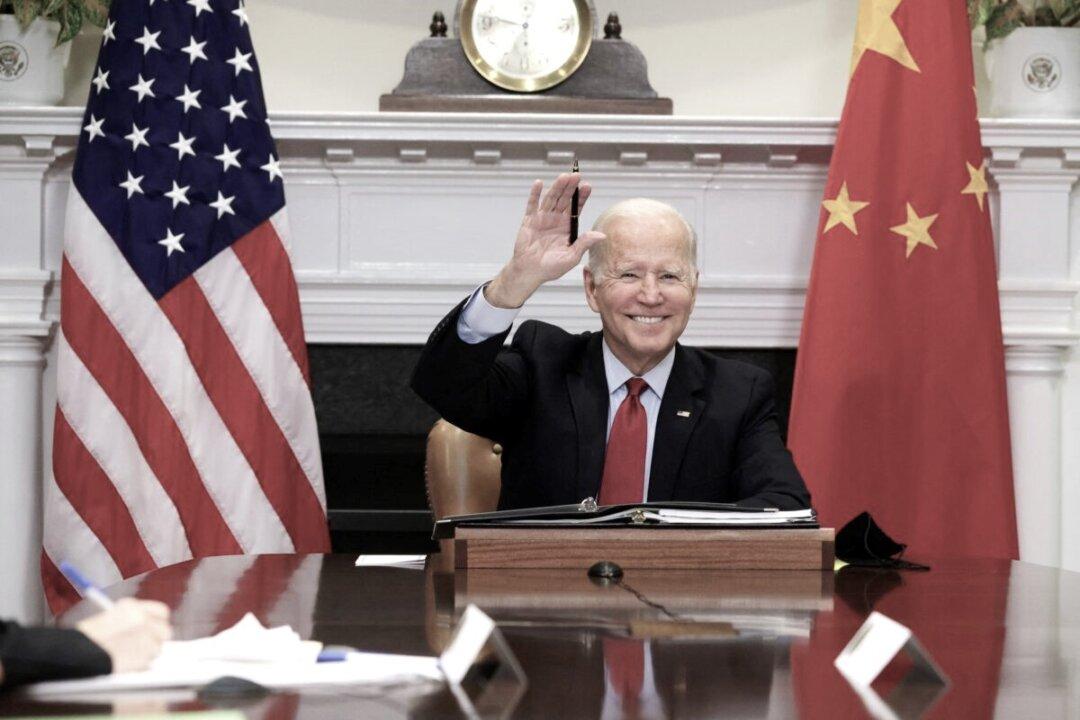Commentary
President Joe Biden reportedly agreed to a meeting with China’s dictator, Xi Jinping, to be held on the sidelines of an upcoming conference in Southeast Asia. One of two upcoming summits in November—the Group of 20 nations (G-20) summit in Indonesia and the Asia-Pacific Economic Cooperation (APEC) summit in Thailand—will be the likely location.





